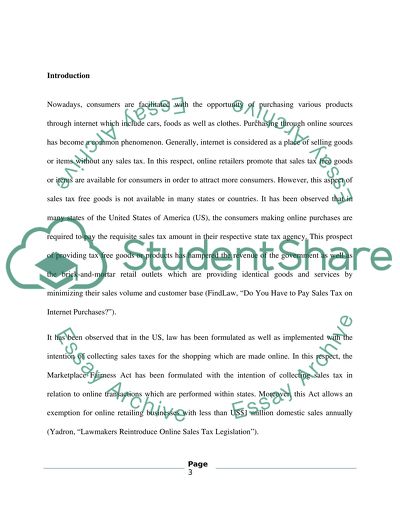Cite this document
(“There should not be state sales taxes assessed on Internet purchases Essay”, n.d.)
Retrieved from https://studentshare.org/law/1468203-there-should-not-be-state-sales-taxes-assessed-on
Retrieved from https://studentshare.org/law/1468203-there-should-not-be-state-sales-taxes-assessed-on
(There Should Not Be State Sales Taxes Assessed on Internet Purchases Essay)
https://studentshare.org/law/1468203-there-should-not-be-state-sales-taxes-assessed-on.
https://studentshare.org/law/1468203-there-should-not-be-state-sales-taxes-assessed-on.
“There Should Not Be State Sales Taxes Assessed on Internet Purchases Essay”, n.d. https://studentshare.org/law/1468203-there-should-not-be-state-sales-taxes-assessed-on.


